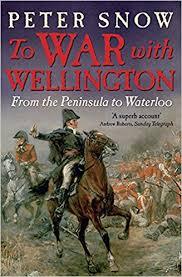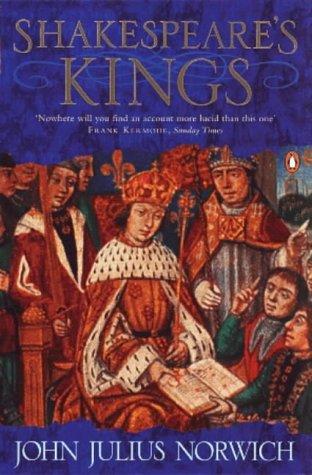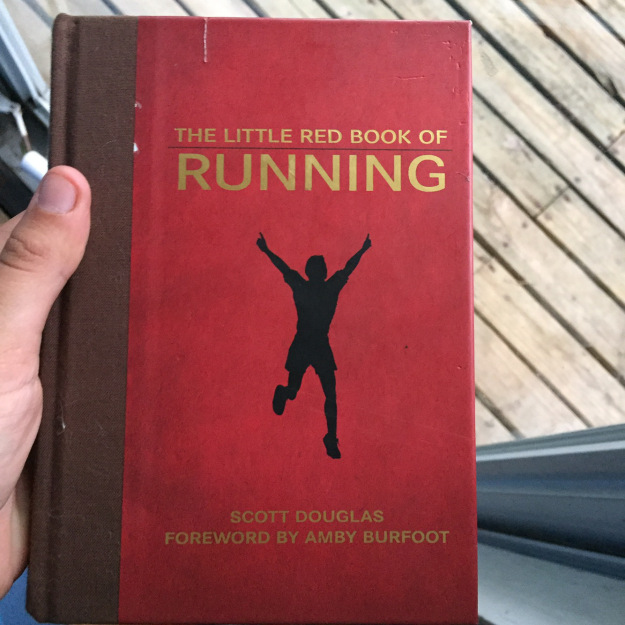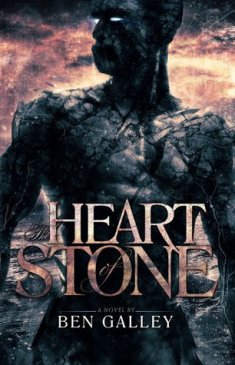
To War with Wellington is a direct and straightforward summary of the war in Spain, France and Belgium beginning with the landing of the British force in Portugal in 1808, and culminating in Waterloo. There are many contemporary accounts of the events of this period, and Snow draws directly on these to produce his version. He presents different viewpoints, though these are mostly British. Even the stories of looting and plunder come from the pens of British writers in diaries, letters and reminiscences, including letters Wellington himself sent back to London condemning the actions of his troops.
Snow relies on some key sources, so we meet the same characters on different battlefields and at different places, and they include a variety of types of people: there are some common soldiers, surprisingly literate and articulate considering the general lack of education in this period, and, unsurprisingly, officers and generals with their own more narrow points of view.
Snow offers clear diagrams of battles, and these are very helpful in communicating the key strategic and tactical decisions Wellington made, and there are a couple of larger scale maps that show his progress through Portugal and Spain. These are also really useful.
To War with Wellington is a lively and interesting account. Snow chooses quotations from his different sources wisely, focusing on dramatic events expressed in colourful language. He links these direct and indirect quotations with his own summaries of events, and moves the narrative along quickly. The narrative structure is pretty straightforward – a chronological account starting with the British troops landing north of Lisbon during a storm when they have to ride the surf to the beach, and finishing with the defeat of the French at Waterloo.
We are given a detailed picture of Wellington, starting with some basic physical attributes, and it’s almost a warts and all portrayal. Snow is honest about Wellington’s appearance, and the rather dreary and cautious approach he took to the war in Spain, especially in the early years. He received criticism for this and it’s possible the war lasted longer than it needed as at key points, such as after taking Madrid in 1812, Wellington retreated to Portugal to safeguard his rear and consolidate his position. Snow is also honest about Wellington’s failing marriage, and his romantic liaisons with a variety of foreign women firstly in Spain, then later in Brussels, as well as in 1814 during his brief tenure as ambassador in Paris, where apparently he shared a couple of Napoleon’s old flames.
The Peninsular war was not Crimea, or WW1, but there were many casualties and these are covered in great and often horrific detail as might be expected. Exploding shells apparently became prominent at this time, and as in any war, technology played a big part. Wellington was given a great advantage by the deployment of the 1st/95th rifle brigade, whose story is told in a Mark Urban book, Rifles: Six Years With Wellington’s Legendary Sharpshooters. The range of their guns was perhaps double that of the traditional musket used by the French.
To be honest the bravery of the soldiers in these wars astounded me. They besieged towns and attacked them in what can only be described as shocking conditions and often with little prospect of surviving the battle. The first to attack were named the forlorn hope, as this described their chances of returning alive, and at Badajoz the carnage was appalling. It reminded me unfortunately of the comic poem by Thomas Hood, Faithless Nellie Gray:
At duty’s call I left my legs
In Badajoz’s breaches.
-a wry pun that Hood develops in all kinds of clever but I suppose cruel ways throughout the poem.
It’s hard to explain the bravery of these men and I suppose that’s down to their patriotism, and a sense of camaraderie or esprit de corps that narrowed their world. They were soldiers and would have wanted to be valued as such: often their horizons were limited to that. But in many ways it could be argued that these were men fighting against their own best interests.
The war against France, begun in the 1790s, was essentially a rearguard action by the royal families of Europe designed to protect their privileges. The Whigs in parliament were much more supportive of Napoleon’s political philosophy, but the Tories under Liverpool and Castlereagh were quite opposed to those liberal views, and their triumph dictated the development of Europe in the period following the war. It led to another hundred years of servitude for Russian peasants, and of course to the final cruel and violent end to the Tzars in 1918.
In 1815, before Waterloo, with Napoleon defeated and on Elba, the victorious Tory government under Lord Liverpool introduced the Corn Laws to protect the interests of the landed classes, another direct expression of their political philosophy. It lead four years later to the massacre, on the fields of Peterloo in Manchester, of working men dressed in their Sunday best and protesting about the price of bread. Meanwhile, at the battle of Waterloo the Polish were fighting alongside the French, recognising the opportunity Napoleon gave them for independence from the crowned heads of Europe. The French soldiers too were fighting for liberty, equality, fraternity – fighting for the legal rights embodied in the Napoleonic code, and for the opportunities for education and advancement that it offered them – opportunities written in their constitution, and denied their British counterparts at that time.
Of course victory at Waterloo also ensured the triumph of Britain, giving us pre-eminence in a world in which British industrial and scientific power guaranteed a technological advantage over less industrialised countries, and made victory secure. We can all enjoy that history, built on the ironically named thin red line, the blood of the British infantry, but the Empire was a myth for the factory worker and the farm labourer.
The poor did not share in the benefits of Empire, though they may have seen it at the Great Exhibition at Crystal Palace, and again in the Festival of Britain. It was a country that worked for the wealthy but not for those on the Jarrow marches, on means tested benefits in 1930s Britain or in the Preston in 1854 that inspired Dickens’ Hard Times.
In Britain we are disadvantaged, as we do not have a written constitution, unlike the rest of Europe. There are no hard rules to protect our rights, just grace and favour and tradition. The Tories can plan a bonfire of regulations – workers’ rights, environmental protection and so on, and parliament is sovereign, can override any of these rights even though we value them.
In Germany, after their experiences with Hitler, referenda are not allowed under the constitution, but the right to remain in Europe has been stolen by 37% of the electorate, or a slim majority, in a referendum that, because it was only advisory, not binding on parliament, was seen as no threat to the constitution or to our rights. But it was a threat. Sixty plus percent would have been the internationally recognised supermajority, usually required for constitutional change. It might have left a less divided nation, and a country where the young would have felt happier. At the same time we have a Tory PM who is threatening to take away our human rights, as if that were some kind of vote winning proposition. We really did lose, at the Battle of Waterloo.
Advertisements Share this:




